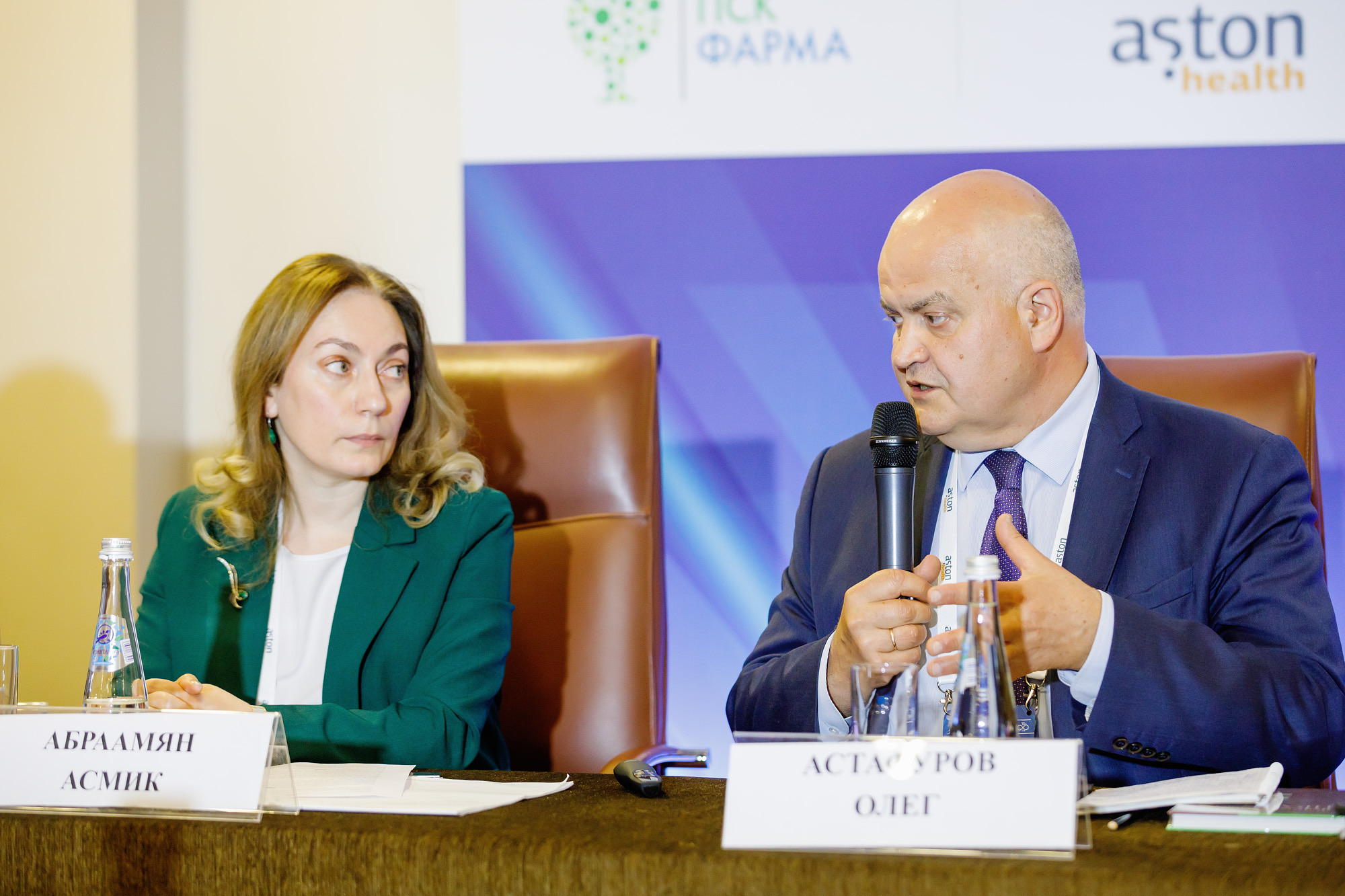
During the discussion, Oleg Astafurov, Vice President for Government Relations of the Pharmasyntez Group of Companies, stressed the importance of practice-oriented approach to training and noted the lack of competence of university graduates.
“In order to work successfully in biotechnology, it is not enough to have only fundamental knowledge in one industry and a minimal set of skills provided by the university as part of laboratory practice,” says Oleg Astafurov.
He believes that employees need to understand the automation of production processes, understand software and be able to generate requirements for the design of equipment, to the technical part thereof, to act as a qualified customer in front of the manufacturer. Basic skills with big data are also needed, because the biotech production process is quite complex and expensive, and Big Data allows certain experiments to be carried out outside the workshop and laboratory, and predicts how the workflow will proceed.
“Training methods also need to change in line with new production trends. In particular, we need to make greater use of augmented reality. For example, at the manufacturing site of Pharmasyntez-Nord in St. Petersburg, which specializes in developing, scaling-up and industrial production of biotech drugs, employees of the Sterile Filling Production Department are trained to work on the relevant equipment using VR technologies,” said Oleg Astafurov. — I think that virtual plants are the next step in education, where students and current employees can learn in augmented reality.
